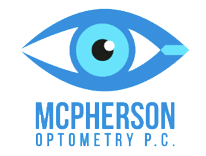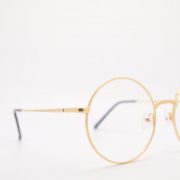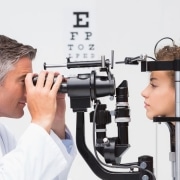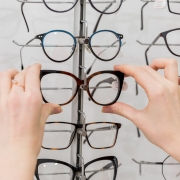Eye Exams Are Especially Important for Older Americans: Here’s Why
Routine eye exams are important for people of all ages. However, they become especially vital as you age. Often vision conditions such as macular degeneration or cataracts first make their appearance in people over the age of 40. And early detection and intervention are the best ways to halt their progression. While it’s often impossible to reverse vision loss due to age-related eye conditions, it is usually possible to stop symptoms from worsening. That’s why it’s so important to keep regular appointments for routine eye exams with your eye doctor in North Syracuse, NY. Common eye conditions that affect older Americans include:
Myopia/Hyperopia
These are more technical terms for nearsightedness and farsightedness. As we age, these types of refractive errors become more common. In part, this is because the cornea becomes less pliable with age. Therefore, it’s less able to bend the light in the manner required to project a clear image onto the retina. The result is blurred vision of objects either near or far away. Usually, corrective eyeglasses or contact lenses are all that’s needed to correct refractive errors. And patients who don’t want to wear corrective lenses may wish to explore LASIK surgery.
Glaucoma
Glaucoma is actually a group of eye conditions that damage the optic nerve. Often, the symptoms of glaucoma come on so slowly that you don’t notice them until real damage has been done. But with regular visits to your eye doctor, you can have routine glaucoma screenings to detect this disorder. If you have a family history of glaucoma, or if you belong to specific ethnic groups over the age of 40 (African American) or over the age of 60 (Hispanic), you may be more at risk.
Cataracts
Cataracts occur when a cloudy film develops over the lens of your eye, impeding your vision and making it difficult or impossible to drive, read, write, and more. When left untreated, they can worsen over time. But with regular vision care, you can opt to have cataracts removed. Usually, this involves a simple surgery in which your eye surgeon removes the cloudy lens and replaces it with an artificial one.
If you’re an older American who hasn’t had regular eye appointments in North Syracuse, NY, it’s time to call McPherson Optometry to set up a convenient time to come in.










